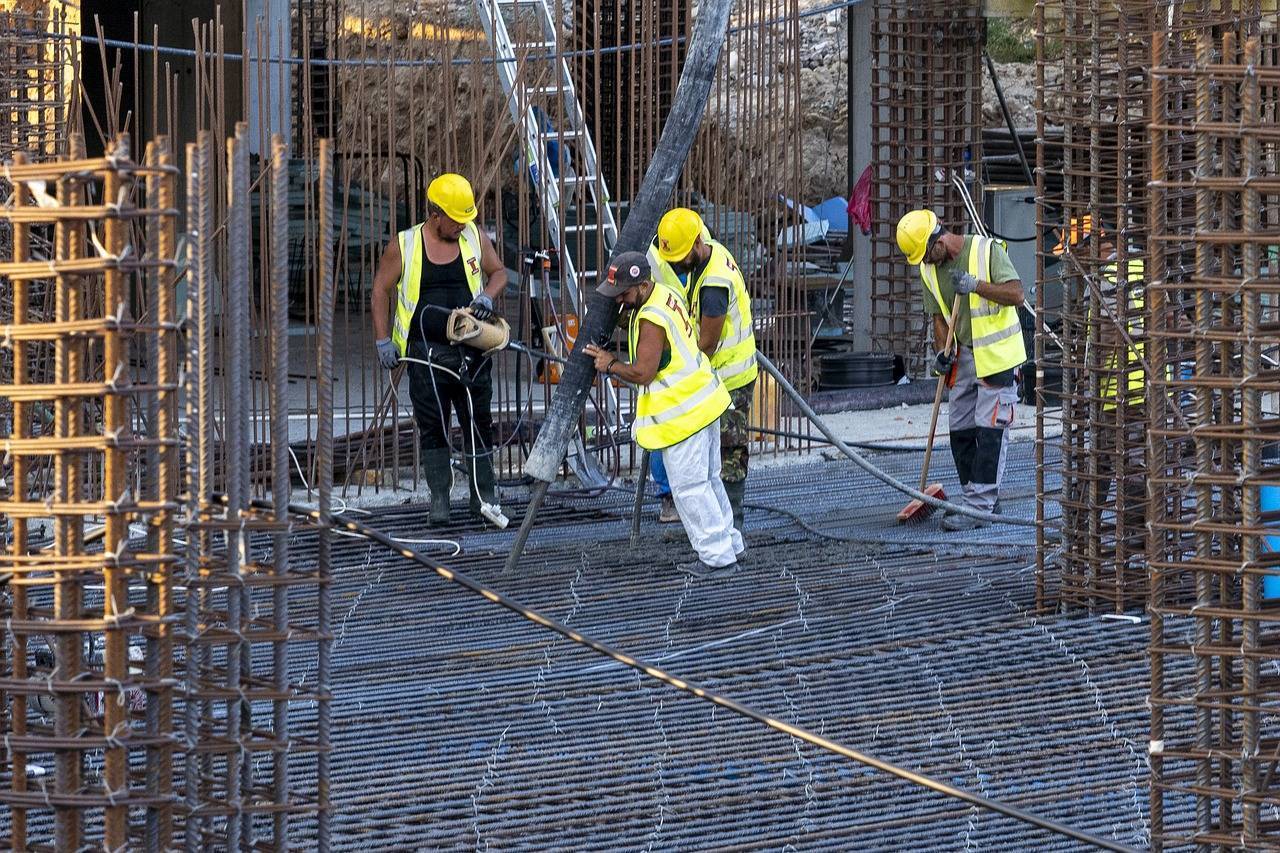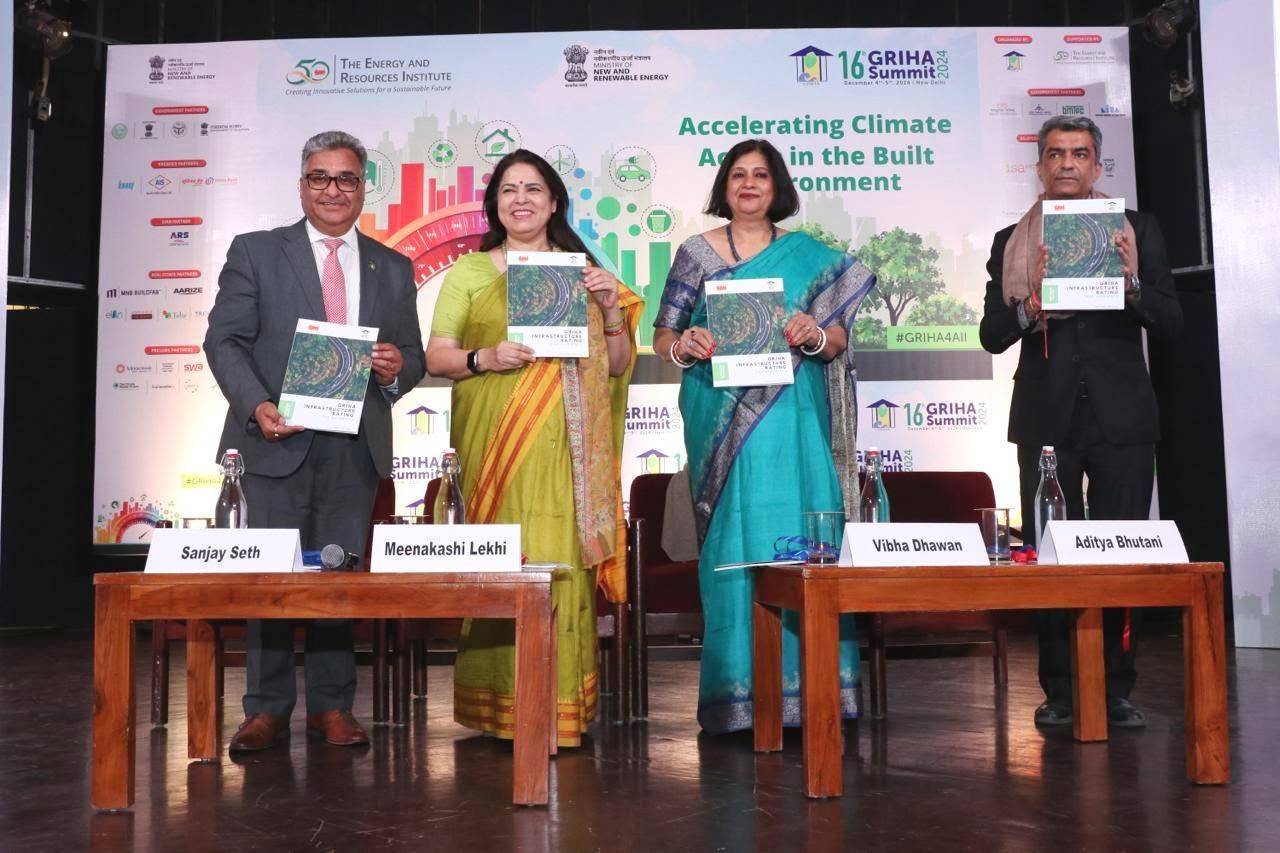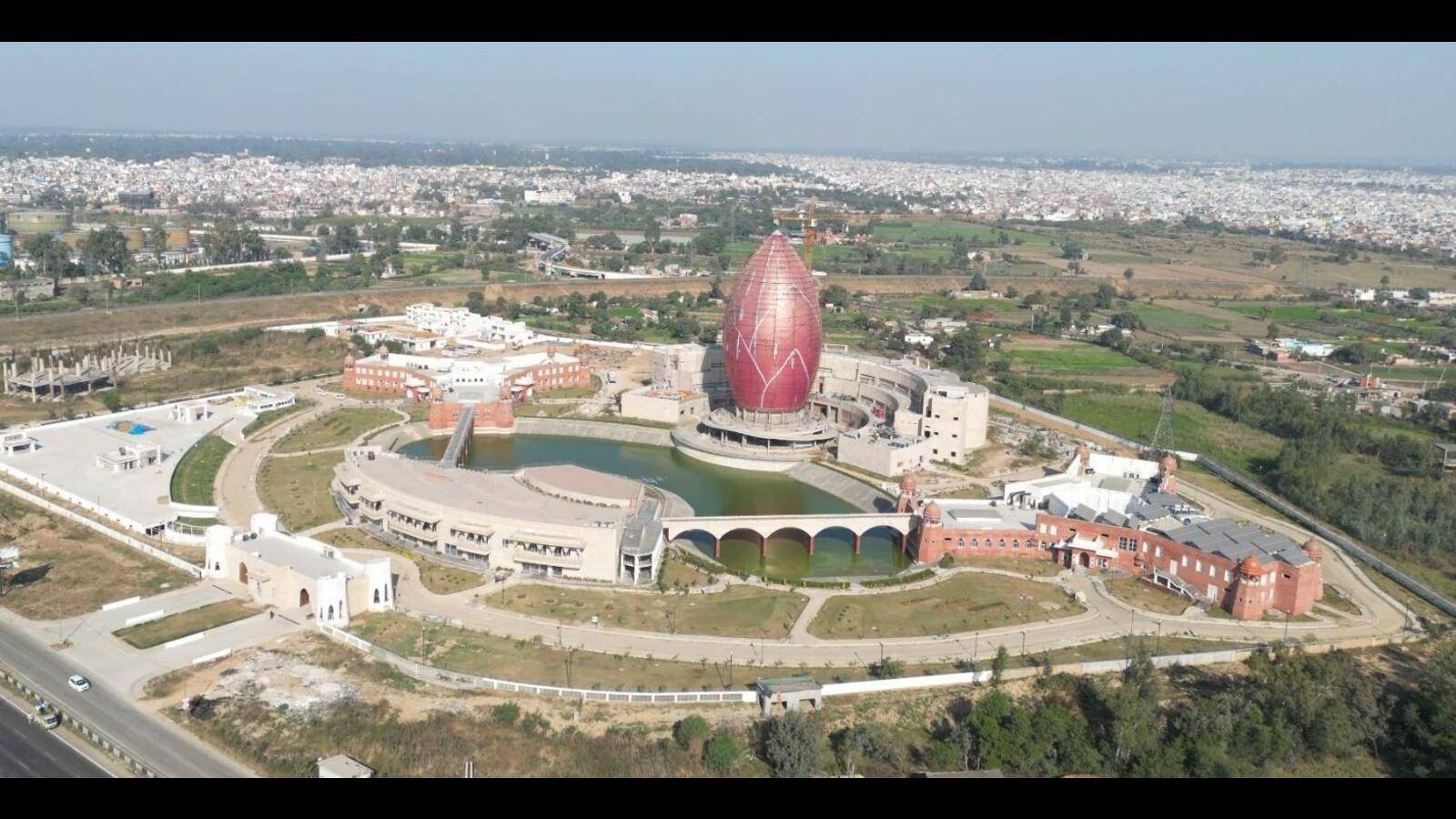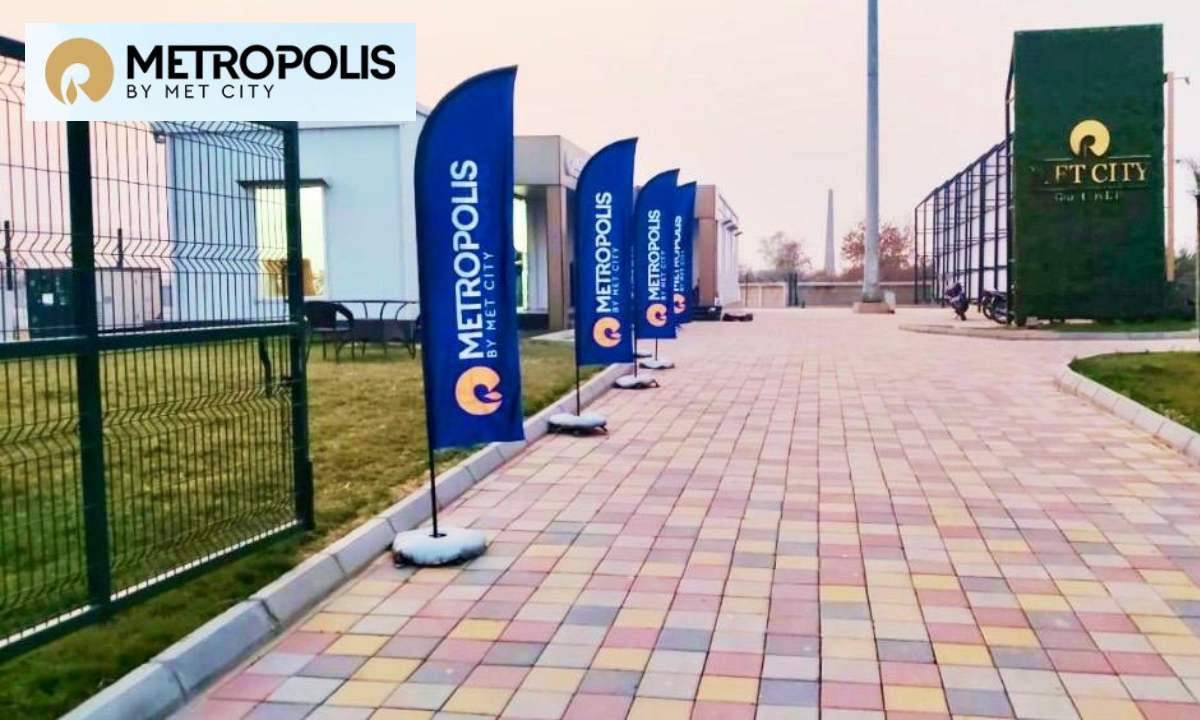In a significant move to aid construction workers in Delhi impacted by the ongoing construction ban due to severe air pollution, the Delhi government has announced a financial relief package of Rs 8,000 for each of the more than 90,000 registered workers. This decision comes in response to a Supreme Court directive and is aimed at helping workers facing economic distress because of the Graded Response Action Plan (GRAP) measures, which have led to a halt in construction activities in the city.
The construction ban, imposed on November 18, is part of the GRAP provisions designed to address the alarming levels of air pollution in Delhi. As part of these provisions, construction activities have been suspended in the city to curb dust pollution, one of the key contributors to the worsening air quality. In light of this ban, the Supreme Court instructed the Delhi government to provide financial assistance to the workers who are directly affected by this temporary suspension.
Financial Assistance for Affected Workers
The Delhi government’s decision to offer Rs 8,000 to registered construction workers aims to provide subsistence allowance to those whose livelihoods have been impacted by the ban. However, the disbursement of funds is contingent upon the workers' registration under the Building and Other Construction Workers (BoCW) Act, 1996. Workers must also have an active membership with the scheme as of November 25, 2024, in order to be eligible for the allowance.
According to official sources, 90,759 workers have self-certified that they have completed at least 90 days of construction work in the past year. These claims, however, require verification before any payments are made. To ensure the accuracy and transparency of the process, the Delhi Building and Other Construction Workers Welfare Board has introduced a bilingual online verification system, accompanied by SMS notifications, prompting workers to submit necessary details for the allowance.
Streamlined Verification Process
To facilitate the disbursement of relief, the Board has also outlined a detailed Standard Operating Procedure (SOP) for physical verification. Under this SOP, the workers will be called to district offices to undergo verification, where they must present their registration certificates and Aadhaar cards. The verification will be conducted through interviews, and in certain cases, employers may be consulted for further authentication.
Once the verification process is completed, the relief amount will be transferred directly to the workers' Aadhaar-linked bank accounts through Direct Benefit Transfer (DBT). This digital payment system ensures that funds reach the eligible workers promptly, without the need for intermediaries.
The Graded Response Action Plan
The Graded Response Action Plan (GRAP), which forms the basis for the construction ban, is a set of measures aimed at curbing air pollution in Delhi, particularly during the winter months when pollution levels are at their highest. The plan categorizes pollution levels into four stages—‘Moderate’, ‘Very Poor’, ‘Severe’, and ‘Emergency’—with different actions prescribed for each level. The construction ban is one of the key steps taken when pollution reaches the ‘Severe’ stage, as it aims to reduce dust pollution caused by construction activities.
This measure has been implemented several times in the past as part of the city’s ongoing battle against air pollution, which is a significant public health concern. The Delhi government’s decision to compensate construction workers during this period reflects a balance between environmental protection and the welfare of the city’s labor force.
Looking Ahead
The construction ban will end once air quality improves, but the relief package provides important financial support to workers during this time. The government’s efforts to make the verification and payment process easier should help ease some of the immediate problems these workers face.
The Delhi government’s action is meant to protect workers during environmental emergencies but also highlights the need for long-term solutions to reduce pollution and improve life for residents.
In the future, balancing urban growth with environmental care will remain a major challenge for Delhi. As air quality continues to worsen, policies that protect both workers and the environment will be essential for creating a stronger, more sustainable city.









.png)